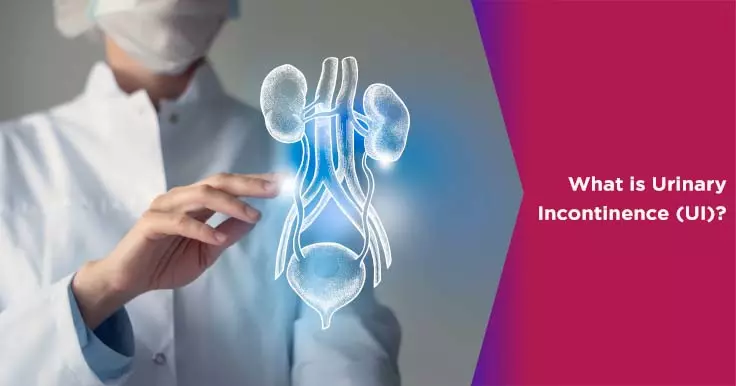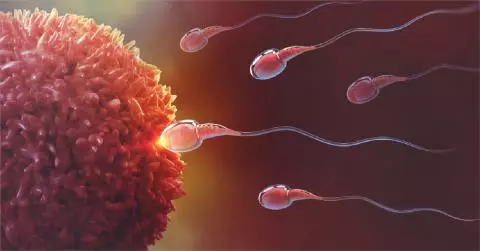Urinary Incontinence

UI or Urinary incontinence is known as uncontrolled leakage of urine. It is a condition that leads to loss of bladder control. There are five types of UI:
1. Urge continence
2. Stress continence
3. Overflow incontinence
4. Functional incontinence
5. Mixed incontinence
Urinary incontinence is considered to be a common problem found in the elderly as the bladder capacity to hold the urine decreases with age. But in reality, one can be affected by this condition at any point in life. Urinary incontinence is common in women than in men. Approximately 30 percent of women aged between 30 to 60 years are affected by this condition. Let's discuss below the symptoms, causes, and treatment for urinary continence below.
Symptoms of Urinary Incontinence:
Below listed are the symptoms of the condition
- Urine leakage during everyday activities
- Feeling strong urge to urinate even after emptying the bladder
- Urine leakage without any warning
- Wetting in sleep
Causes of Urinary Incontinence:
There are a lot of reasons behind urinary incontinence. There is also a strong link between the type of urinary incontinence and its cause. Below given are a few of them:
- Pregnancy and vaginal delivery
- Obesity
- Age
- Surgery or trauma
- Prostate enlargement
- Cystitis
- Urinary stones
- Fistula
- Congenital bladder problems
- Alcohol consumption
- Side-effects of certain medications
Treatment for UI:
The treatments for the condition include:
Exercises and Behavioral Techniques
Kegel exercises can help in strengthening the pelvic floor muscles. Also, by certain behavioral techniques such as learning bladder control by delaying the urination, double voiding, and scheduling the bathroom timings can help in making your life easy and less embarrassing.
Medications
Doctors may provide anticholinergics, mirabegron, alpha blockers and topical estrogens based on your type of urinary incontinence. These medicines help in regaining bladder control.
Medical Devices
Men and women with urinary incontinence may use catheters to empty their bladder. For women, a device called pressary and urinary inserts can be used to prevent urine leakage.
Interventional Therapies
Interventional therapies such as a bulking agent or paste may be injected near the urinary sphincter to treat stress incontinence or an electric nerve stimulation may be given to empty the bladder or in some cases, even Botox injection may be given to the bladder to calm an overactive bladder.
Surgery
There are several surgical procedures available for treating this condition. Some of them are Sling procedure, Bladder neck suspension, Prolapse surgery, and artificial urinary sphincter.
 Infertility Counselling
Infertility Counselling Female Infertility Treatment
Female Infertility Treatment Andrology Treatment
Andrology Treatment Fertility Enhancing Surgeries - Female
Fertility Enhancing Surgeries - Female Fertility Enhancing Surgeries - Male
Fertility Enhancing Surgeries - Male Endoscopy Treatment
Endoscopy Treatment IUI Treatment
IUI Treatment IVF Treatment
IVF Treatment ICSI Treatment
ICSI Treatment Advanced IVF Solutions
Advanced IVF Solutions Embryology
Embryology Vitrification Egg, Embryo, Sperm Freezing
Vitrification Egg, Embryo, Sperm Freezing Preimplantation Genetic Testing (PGT)
Preimplantation Genetic Testing (PGT) Donation Program Embryo / Egg / Sperm
Donation Program Embryo / Egg / Sperm Self-cycleTM IVF
Self-cycleTM IVF

 Self-cycleTM IVF
Self-cycleTM IVF










